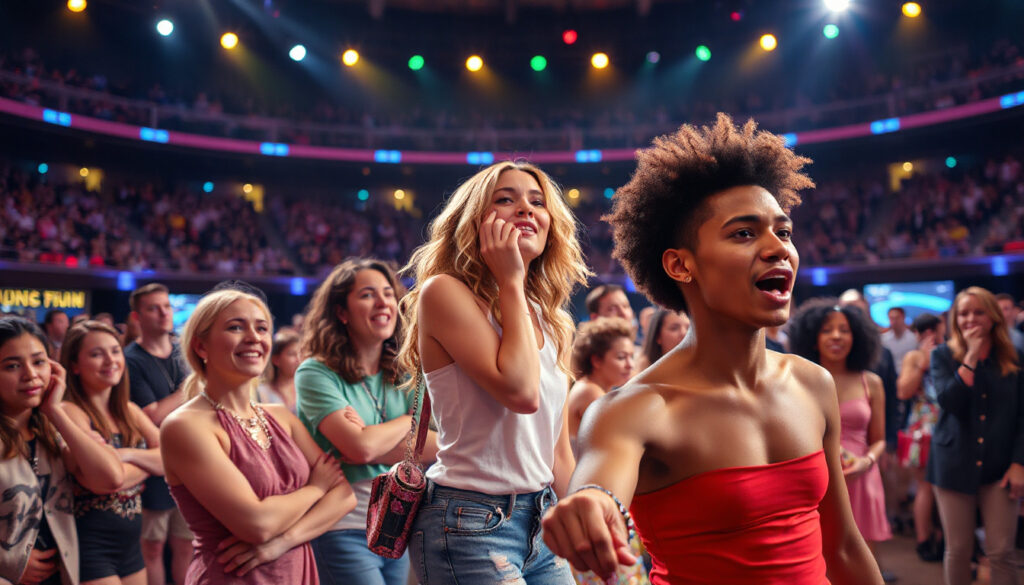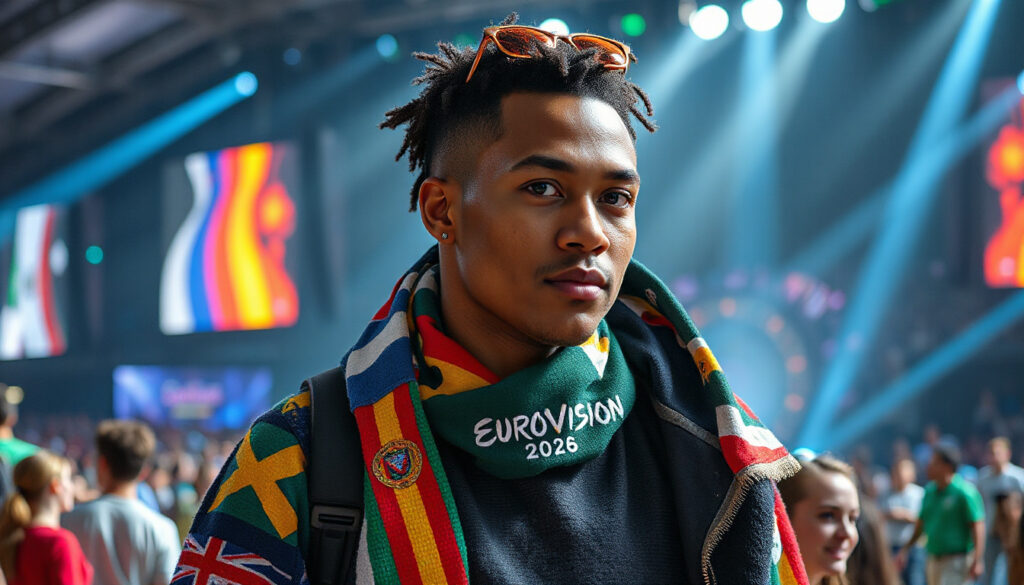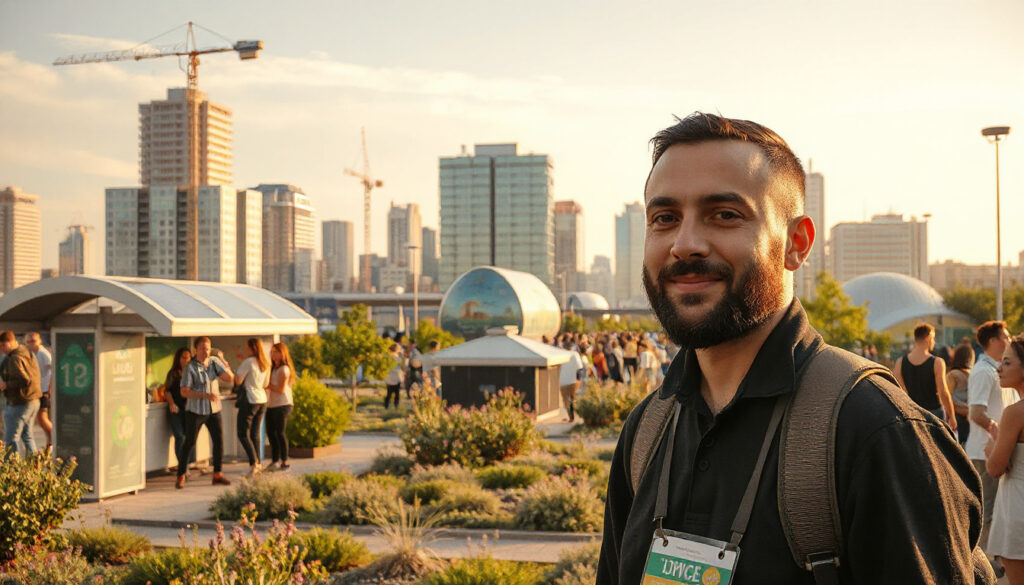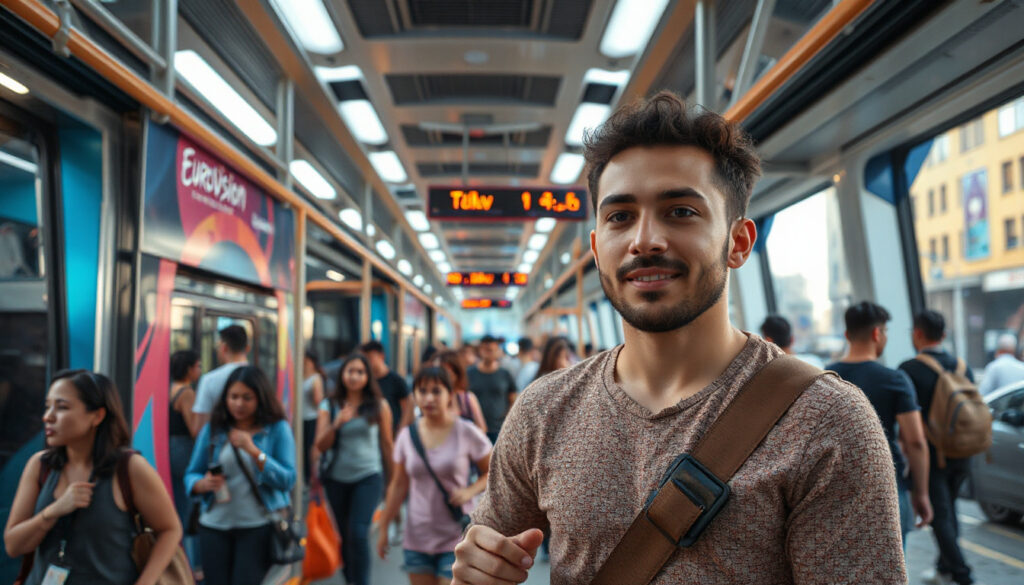The excitement grows as Eurovision 2026 nears. Fans and participants check the stage work behind the show. The rehearsal plan gives insight into how scenes take shape. This guide explains what to expect during the rehearsal process. It draws on past contests, the event calendar, and plans for Vienna, the host city.

Why the Rehearsal Schedule Matters
If you love Eurovision or work in a delegation, knowing the rehearsal timeline is key. Rehearsals let performers learn stage spots, adjust lights, set cameras, and check sound. These practice sessions give the chance to fix small issues before the live event. Eurovision involves many countries that work as a team. A clear rehearsal plan keeps all parts in order and helps artists fine-tune every step.
Key Themes & Insights on Eurovision 2026 Rehearsals
1. Structured, Sequential Rehearsals
The rehearsal time breaks into clear sessions:
• • The first rehearsals last 20–30 minutes for each country. Acts go twice over this stage. These sessions test stage spots, sound checks, and camera work.
• • Early rehearsals are closed off from the press. This space helps both artists and technical teams stay focused.
• • After rehearsals, teams watch the footage in special rooms. They compare camera views, dance moves, and light work. They talk over small fixes that need to come next.
2. Attention to Time Zones and Scheduling
Eurovision 2026 uses Central European Time (CET) in Vienna. This plan sets clear live streaming moments and fan viewing times. The schedule spans several days, with time set for:
• Semi-final rehearsals
• Big Five countries that move directly to the final
• Practice shows before live events
• Grand final practice runs
Past records show each act gets its own time slot. This order helps many countries stay on track.
3. Using Venue Experience
Vienna’s Wiener Stadthalle hosts Eurovision once more. The venue worked hard for its role in 2015 and knows what to do. The team of sound helpers, stage makers, and broadcast techs use past lessons. They plan rehearsals to run smooth and with few hitches.
What Eurovision Delegates Can Expect During Rehearsals
• • Participants get a safety talk before starting. This meeting shows the backstage spots such as dressing rooms and warm-up areas.
• • Early sessions check in-ear monitors for live sound. Actors need a clear signal to sing in live settings.
• • Makeup and dress checks happen after the session. This step ensures the best look under stage light.
• • The second run lasts about 20 minutes and allows for small fixes. Teams refine details like camera moves and song delivery.
• • In the days before live shows, full practice sessions use costumes, lights, camera work, and stage design. Some of these runs welcome a limited group of viewers and media.
Sample Timeline Overview (Based on Eurovision 2025 and 2026 Announcements)
• Early May: Acts show up on the main stage for first practice run.
• Mid-May: Teams hold a second practice run after checking earlier recordings.
• Just Before Live Shows: Multiple full practice sessions cover both the semi-finals and the final. These ties knit the show together.
How Fans and Media Can Follow the Rehearsals
Though the first sessions stay behind the scenes, many runs see recording and online shows. Eurovision sticks to a habit of keeping fans in the loop with:
• Daily posts on practice highlights
• Behind-the-scenes views
• Videos on official channels
Fans get to follow their favorite acts and peek at early stage and performance ideas.
Tips for Staying Updated on the Eurovision 2026 Rehearsal Schedule
- Subscribe to the official Eurovision calendars. Many fan pages and the official site post dates and times.
- Track time zones. Rehearsal times work with Central European Time.
- Follow the Eurovision social media pages. Many posts bring news, photos, and clips from practice sessions.
- Plan your viewing around the full practice sessions. These runs are the last look at the show before the live night.
Beyond Rehearsals: The Big Picture for Eurovision 2026
Vienna will host the event from May 12 to May 16, 2026. The plan holds two semi-finals and one grand final. Wiener Stadthalle, the familiar arena, has the space to host many fans and many parts of the show.
Besides stage practice, Vienna will run a Eurovision Village and a EuroClub. These spots bring together fans with live screenings and small events that draw people closer to the show.
Final Thoughts: Preparing for the Eurovision 2026 Experience
Knowing the rehearsal plan helps you see how much work goes into Eurovision every year. For those watching online or in person, staying aware of rehearsal times adds to the fun and keeps everyone in step with the show’s beat.
For those who join the contest, repeated practice is the way to shine. For fans, watching rehearsals gives a sneak peek of the team work behind each act.
Ready to Follow Eurovision 2026?
Visit the official Eurovision website as the event nears. Look for the latest practice dates and live broadcast news. You can join email updates or watch trusted Eurovision news pages for fresh details. Mark your calendar for May 12–16, 2026, and catch every note and move from Vienna!







